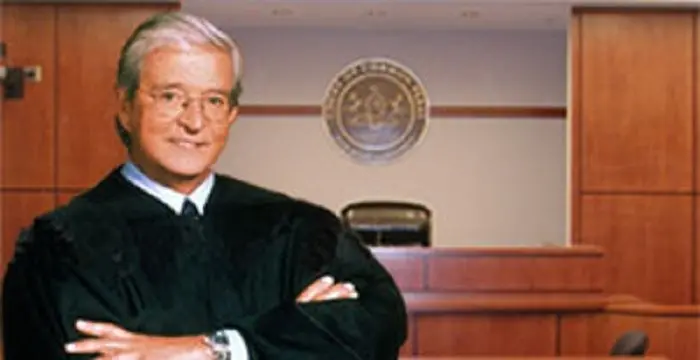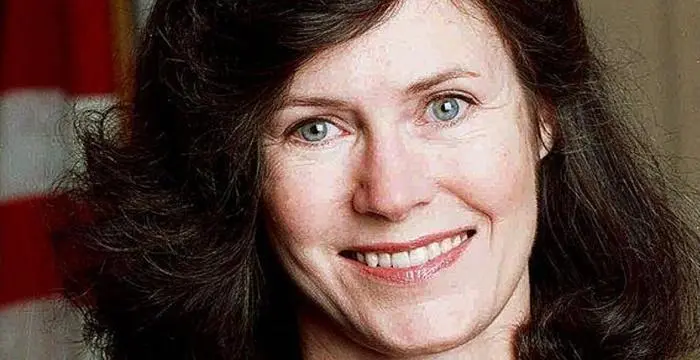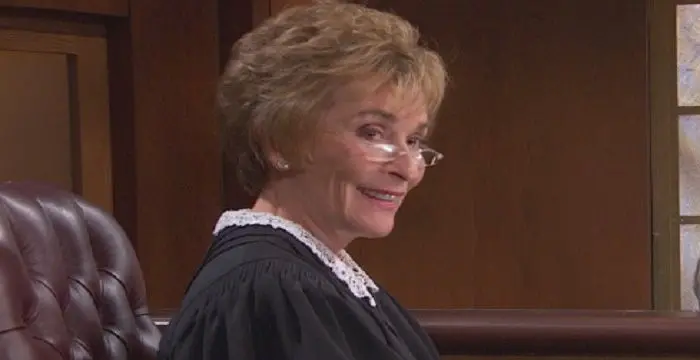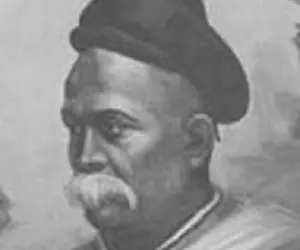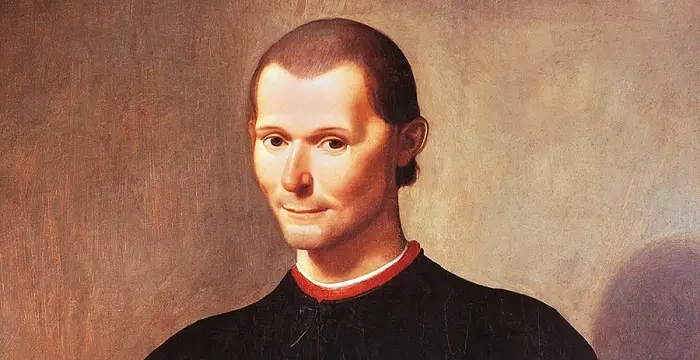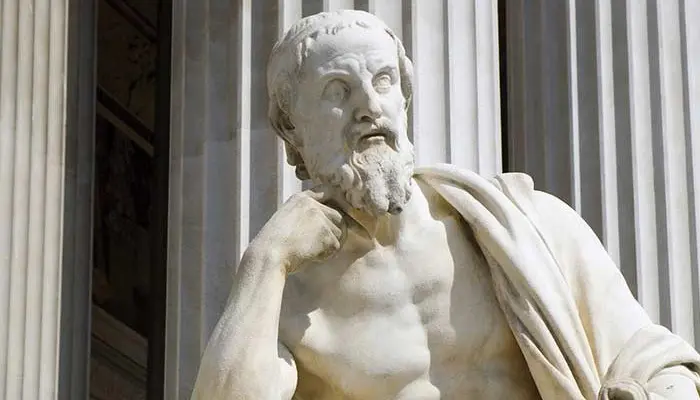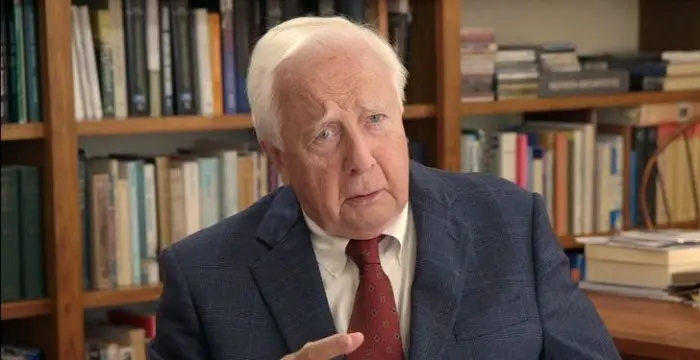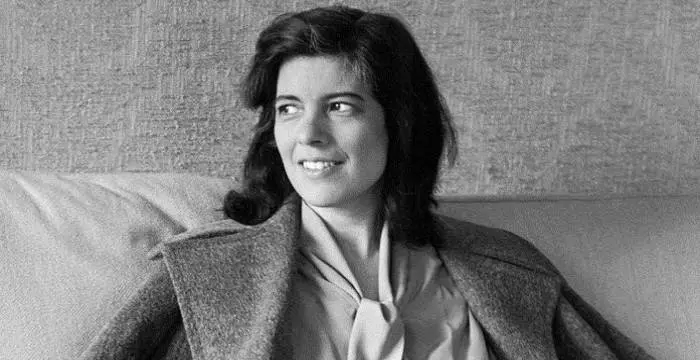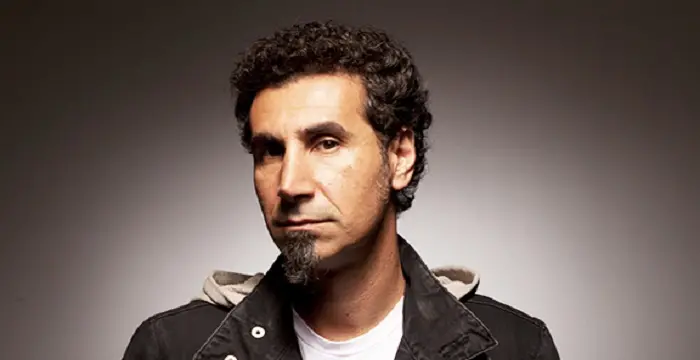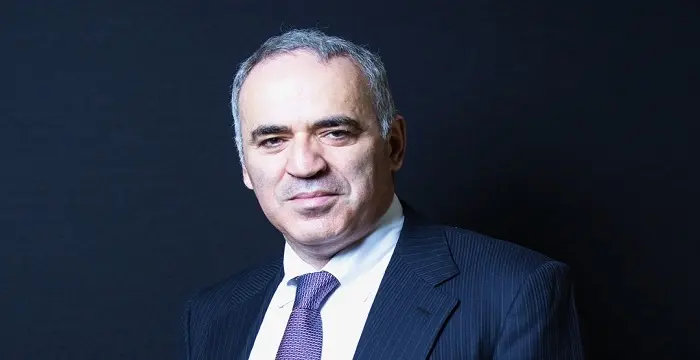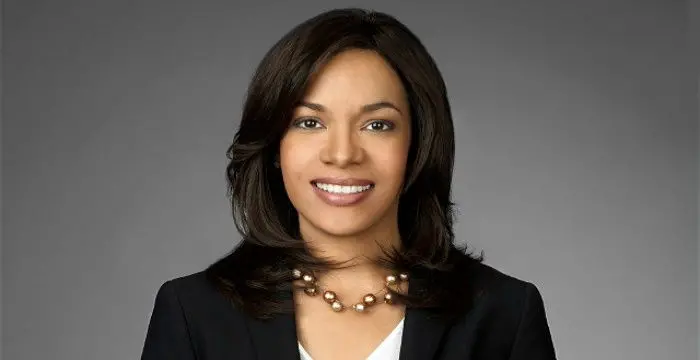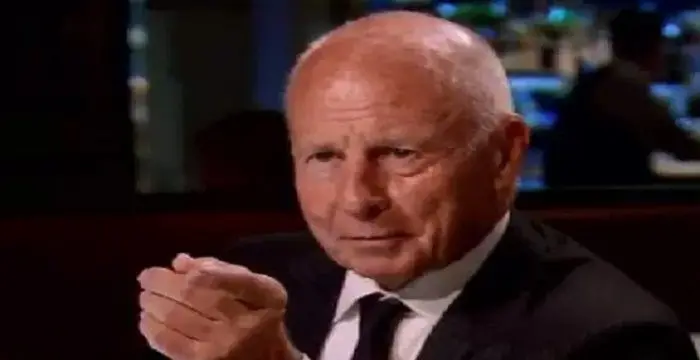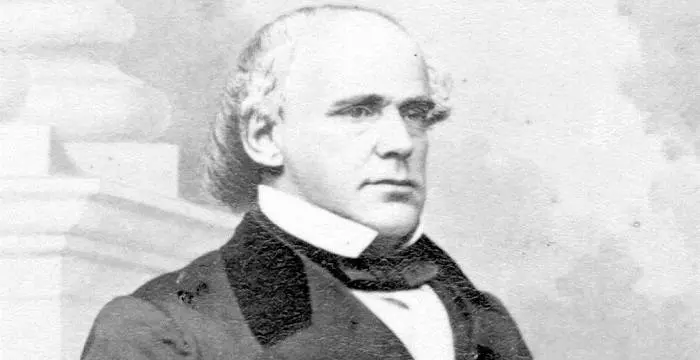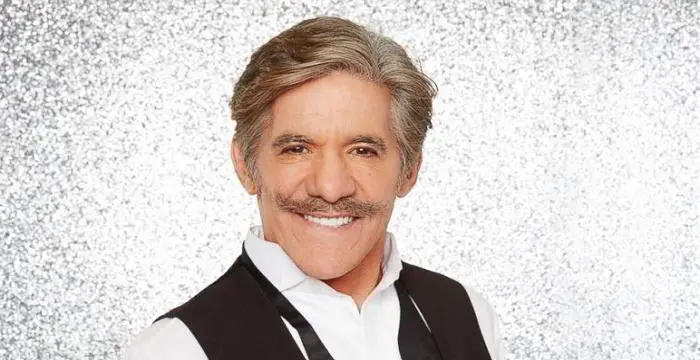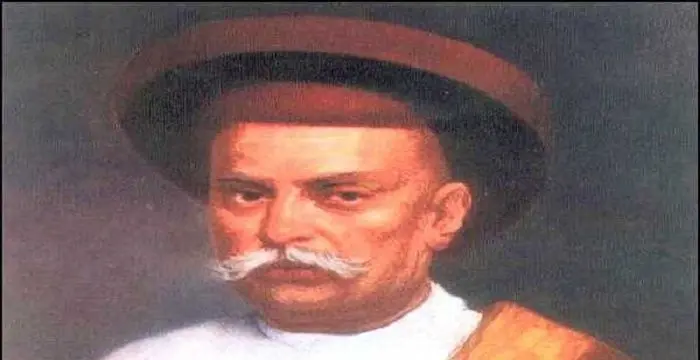
Mahadev Govind Ranade - Judges, Family and Childhood
Mahadev Govind Ranade's Personal Details
Mahadev Govind Ranade was an Indian social reformer, a distinguished scholar and founding member of Indian National Congress
| Information | Detail |
|---|---|
| Birthday | January 18, 1842 |
| Died on | January 16, 1901 |
| Nationality | Indian |
| Famous | Political Activists, Historians, Lawyers & Judges, Social Reformers, Judges |
| Spouses | Ramabai Ranade |
| Universities |
|
| Founder / Co-Founder |
|
| Birth Place | Niphad |
| Gender | Male |
| Sun Sign | Capricorn |
| Born in | Niphad |
| Famous as | Judge, Social Reformer |
| Died at Age | 58 |
// Famous Judges
Jerry Sheindlin
Jerry Sheindlin is an American judge, author, and television personality. Check out this biography to know about his childhood, family life, achievements and fun facts about him.
Kimba Wood
Kimba Maureen Wood is a Senior United States District Judge. Check out this biography to know about her birthday, childhood, family life, achievements and fun facts about her.
Judith Sheindlin
Judith Sheindlin is a famous American lawyer, judge and reality television star. Check out this biography to know about her childhood, family life, achievements and fun facts about her life.
Mahadev Govind Ranade's photo
Who is Mahadev Govind Ranade?
Mahadev Govind Ranade was an Indian social reformer, a distinguished scholar and founding member of Indian National Congress. He was among the foremost reformers who denounced the caste system and untouchability. He advocated social reforms such as widow re-marriage, liberation of women and emancipation of the oppressed classes. As a judge, he exercised his powers to promote equality of the sexes, the spread of education, rescuing children and widows from social injustices, and protection of agricultural workers and land tenants from exploitation. He always advocated the use of constitutional and legal ways for attaining freedom and bringing in social reforms. Later, he became involved in the working of a number of institutions aiming at social, economic and political advancement of India such as the Poona Sarvajanik Sabha, the Social Conference, Industrial Conference and the Prarthana Samaj. As a founder member of the Indian National Congress, his influence was inescapable. He was also considered to be a great historian who played a decisive role in the modernization of the Indian economy. He also published books on Indian economics and on Maratha history. He considered Western education as a vital element for the formation of a new and progressive India. A reformer, lover of justice and a believer of equality among all, he inspired many other Indian social reformers through his works.
// Famous Historians
Niccolò Machiavelli
Niccolo Machiavelli was an Italian politician, historian and philosopher who is widely known as a founder of modern political science.
Herodotus
Herodotus was a Greek historian widely referred to as 'The Father of History'. This biography of Herodotus provides detailed information about his childhood, life, achievements, works & timeline.
David McCullough
David McCullough, known as the ‘master of the art of narrative history’, is an American author, narrator, historian and lecturer. Check out this biography to get detailed information on his life.
Childhood & Early Life
He was born on January 18, 1842 in Niphad, a Taluka town in Nashik district, Maharashtra in a Maharashtrian Chitpavan Brahmin family. His father was a minister.
At the age of six, he attended a Marathi school in Kolhapur and was later transferred to an English school in 1851. When he was 14, his father sent him to study in the Elphinstone College, Bombay.
He belonged to the very first batch of students in Bombay University. He acquired the B.A. degree in the year 1862 and then obtained L.L.B. from the Government Law School in 1866. He achieved distinctions in all his degree courses and remained a scholarship holder almost throughout his academic career.
Career
In 1871, he was appointed as the Presidency Magistrate, a rank for the fourth judge in the Bombay Small Causes Court.
In 1873, he became the first-class sub-judge at Pune and then in 1884, he was elected as the judge of the Poona Small Causes Court.
From 1885 he belonged to the Bombay legislative council until he became a member of the Bombay High Court in the year 1893.
In 1885, he also helped in the formation of the Indian National Congress Party, which essayed a major role in the independence movement of India. From 1887, he became a special judge under the Deccan Agriculturists' Relief Act.
In 1897, he became a member of a committee which was allotted the task of tallying national and local expenditure along with necessary recommendations to stabilize the financial condition. For his services in the committee, he received the decoration of Companion of the Order of the Indian Empire.
Throughout his career, he also served at the positions of syndic and dean in arts at the Bombay University. He also encouraged the translation of standard English works and tried to introduce vernacular languages into the university curriculum.
He co-founded the ‘Prarthana Samaj’ with his friends Atmaram Pandurang, Bal Mangesh Wagle and Vaman Abaji Modak, to propagate theism based on the holy Vedas. He was also the founder of the Poona Sarvajanik Sabha and Ahmednagar Education Society.
He was instrumental in the establishment of the Social Conference movement, which worked against child marriages, the shaving of widows' heads, and spending heavily in marriages and other social functions.
He also published books on Indian economics and on Maratha history which includes ‘Rise of the Maratha Power' (1900).
Major Works
His most noteworthy accomplishment was his continuous social and political efforts in order to reform the Indian society. He stressed on the rights of women and children and also fought against the caste system. He also contributed towards development of a stable economy by promoting the development of indigenous small industries.
Another major work which he undertook was the establishment of the ‘Prarthana Samaj’, a Hindu movement inspired by the Brahmo Samaj, advocating principles of enlightened belief based on the ancient Vedas. He was also one of the leading personalities behind the formation of Indian National Congress.
One of his notable works was the formation of the Social Conference movement, which he supported throughout his life. He actively supported widow remarriage and female education and raised his voice in support of abolition of child marriages.
Personal Life & Legacy
When his first wife died, he married a child bride, Ramabai Ranade, who he subsequently supported in receiving an education.
He died on January 16, 1901, due to angina pectoris, commonly referred to as chest pain, in Poona, India. After his death, Ramabai continued his social and educational reform work. He had no children.
// Famous Political Activists
Susan Sontag
Susan Sontag is an American critical essayist, cultural analyst, novelist, political activist, filmmaker and playwright of international repute. Read on to find out more about her childhood, career, profile and timeline.
Serj Tankian
Serj Tankian is a famous American singer-songwriter and member of the band, ‘System of a Down’. This biography profiles his childhood, music career, life, achievements and timeline.
Garry Kasparov
Garry Kasparov is a Russian chess Grandmaster considered by many to be the greatest chess player of all time. This biography of Garry Kasparov provides detailed information about his childhood, life, achievements, works & timeline.
Mahadev Govind Ranade biography timelines
- // 18th Jan 1842He was born on January 18, 1842 in Niphad, a Taluka town in Nashik district, Maharashtra in a Maharashtrian Chitpavan Brahmin family. His father was a minister.
- // 1851At the age of six, he attended a Marathi school in Kolhapur and was later transferred to an English school in 1851. When he was 14, his father sent him to study in the Elphinstone College, Bombay.
- // 1862 To 1866He belonged to the very first batch of students in Bombay University. He acquired the B.A. degree in the year 1862 and then obtained L.L.B. from the Government Law School in 1866. He achieved distinctions in all his degree courses and remained a scholarship holder almost throughout his academic career.
- // 1871In 1871, he was appointed as the Presidency Magistrate, a rank for the fourth judge in the Bombay Small Causes Court.
- // 1873 To 1884In 1873, he became the first-class sub-judge at Pune and then in 1884, he was elected as the judge of the Poona Small Causes Court.
- // 1885 To 1893From 1885 he belonged to the Bombay legislative council until he became a member of the Bombay High Court in the year 1893.
- // 1885In 1885, he also helped in the formation of the Indian National Congress Party, which essayed a major role in the independence movement of India. From 1887, he became a special judge under the Deccan Agriculturists' Relief Act.
- // 1897In 1897, he became a member of a committee which was allotted the task of tallying national and local expenditure along with necessary recommendations to stabilize the financial condition. For his services in the committee, he received the decoration of Companion of the Order of the Indian Empire.
- // 1900He also published books on Indian economics and on Maratha history which includes ‘Rise of the Maratha Power' (1900).
- // 16th Jan 1901He died on January 16, 1901, due to angina pectoris, commonly referred to as chest pain, in Poona, India. After his death, Ramabai continued his social and educational reform work. He had no children.
// Famous Lawyers & Judges
Sunny Hostin
Sunny Hostin is an American lawyer, social commentator, columnist and journalist. Check out this biography to know about her childhood, family life, achievements and fun facts about her.
Thomas Girardi
Thomas Girardi is an American attorney who co-founded the law firm, Girardi & Keese. Check out this biography to know about his childhood, family life, achievements and fun facts about him.
Jerry Sheindlin
Jerry Sheindlin is an American judge, author, and television personality. Check out this biography to know about his childhood, family life, achievements and fun facts about him.
Kimba Wood
Kimba Maureen Wood is a Senior United States District Judge. Check out this biography to know about her birthday, childhood, family life, achievements and fun facts about her.
Salmon P. Chase
Salmon Portland Chase was an American jurist and politician and served as the sixth Chief Justice of the United States. This biography of Salmon Portland Chase profiles his childhood, life, career, achievements and timeline.
Geraldo Rivera
Geraldo Rivera is an American reporter, author, attorney, and talk show host. Check out this biography to know about his birthday, childhood, family life, achievements and fun facts about him.
Mahadev Govind Ranade's FAQ
What is Mahadev Govind Ranade birthday?
Mahadev Govind Ranade was born at 1842-01-18
When was Mahadev Govind Ranade died?
Mahadev Govind Ranade was died at 1901-01-16
Where was Mahadev Govind Ranade died?
Mahadev Govind Ranade was died in Pune
Which age was Mahadev Govind Ranade died?
Mahadev Govind Ranade was died at age 58
Where is Mahadev Govind Ranade's birth place?
Mahadev Govind Ranade was born in Niphad
What is Mahadev Govind Ranade nationalities?
Mahadev Govind Ranade's nationalities is Indian
Who is Mahadev Govind Ranade spouses?
Mahadev Govind Ranade's spouses is Ramabai Ranade
What was Mahadev Govind Ranade universities?
Mahadev Govind Ranade studied at University of Mumbai
Which company or organization was founded by Mahadev Govind Ranade?
Mahadev Govind Ranade was the founder/co-founder of Poona Sarvajanik Sabha, Prarthana Samaj
What is Mahadev Govind Ranade's sun sign?
Mahadev Govind Ranade is Capricorn
How famous is Mahadev Govind Ranade?
Mahadev Govind Ranade is famouse as Judge, Social Reformer
